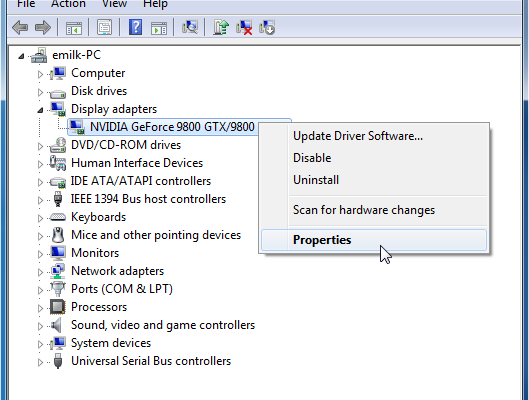What is Telecom Expense Management (TEM)?

Telecom Expense Management (TEM) is a methodology that assists businesses and organizations to manage their telecommunications costs. Telecom expenses often constitute a significant portion of any organization’s expenditure. Managing these expenses is of utmost importance for the financial stability and growth of a company.
TEM typically involves the use of software, services, and consulting to help organizations manage their communication expenses. The software used for TEM provides real-time tracking of voice, data, and wireless communications, making it possible to identify inefficiencies in operations and optimize communication costs.
One of the primary benefits of TEM is the ability to gain complete control over telecom expenses. Telecom expenses can include the cost of purchasing equipment, network charges, device recharge, communication bills, mobile phone plans, and other similar costs. It is essential to optimize these expenses so that they do not put an undue strain on the company’s finances.
TEM provides a unified interface for handling telecommunications expenses by consolidating invoices and creating a centralized database for all communication-related expenses. This database can be accessed by authorized personnel, allowing them to monitor and analyze financial and operational data in real-time.
TEM also helps organizations to identify areas where they can make cost savings. For instance, they can identify areas where they are overpaying for a particular service, optimize their communication plan or usage, and negotiate with providers to secure better tariffs or deals.
TEM encompasses a range of services to help businesses manage their telecom costs. These services include invoice audit and processing, contract negotiation and review, policy development and enforcement, wireless device management, and call accounting and reporting.
TEM services are provided by third-party vendors that specialize in providing cost management solutions. In many cases, businesses outsource their TEM requirements to these specialized vendors, making it easier for them to focus on their core operations.






